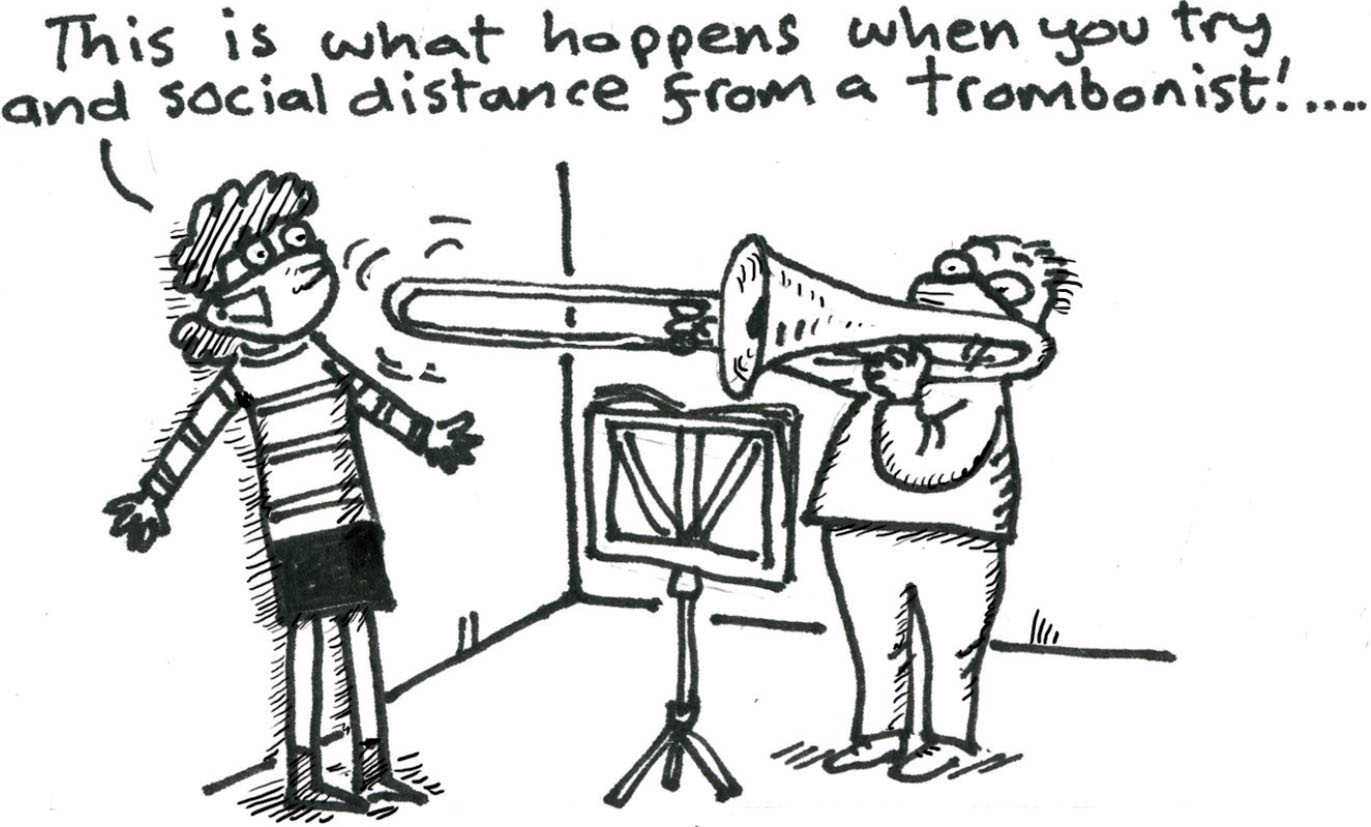
New study into musical practice
Psychologists at Goldsmiths, University of London and at the University of Trier, Germany are working together on a new project to provide a clearer definition of ‘Deliberate Practice’. The term was coined in the 1990s by psychologist Anders Ericsson, who wrote that the quality of practice is what really matters – at least 10,000 hours of laser-focused hard work in a practice room for wannabe professionals. Despite its popularity, Ericsson's work has been criticised by several studies that have picked up on the vagueness of the key definitions, its procedure of measuring expertise and its complete denial of the possible role of genes. This new study will define a specific set of factors and behaviours that can increase the effectiveness of musical practice, regardless of musical genre and instrument played, across all levels of expertise.
From interviews with the likes of members of the Teatro alla Scala, the London Symphony Orchestra and the Royal Liverpool Philharmonic Orchestra, we identified a set of 13 main factors that may enhance practice effectiveness. These serve as the basis of the second stage of the study, for which we need help from MT readers. There is an online questionnaire, accessible through the weblink and QR code provided below, which we hope will extend the data collection to a broader sample of musicians. (You must be over 18 to participate.) The third stage of this project will run in July: we will work with a limited number of musicians who will be asked to track their daily practice routines for a short period of time and monitor their musical progress. If you are interested in supporting this project, please directly contact the principal researcher, Edoardo Passarotto, by email: epass002@gold.ac.uk.
The researchers

Project supervisor Daniel Müllensiefen is a professor of music psychology at Goldsmiths, where he is co-director of the MSc in Music, Mind, and Brain. He is also a research fellow with the University of Music, Drama, and Media in Hannover, Germany. Principal researcher Edoardo Passarotto is a Master candidate on the MSc programme in Music, Mind, and Brain at Goldsmiths, University of London and a concert pianist, who has performed and studied in Italy, Germany and the US. https://goldpsych.eu.qualtrics.com/jfe/form/SV_1QX9OfY588UjKEl
Screen time
Ahead of reopening my physical music tuition business, which hosts both one-to-one and ensemble groups, I was particularly mindful of my challenged immune system and that many of my students are in older or vulnerable categories. In search of a solution to permit good interaction while meeting current safety guidelines, robust screening seemed a great addition to the measures I have already used for decades to protect myself.
I researched personal protective screens, commonly seen in many shops, but found most were too short, the wrong shape, or fixed installations. Specialist music screens generally promoted excellent sound-proofing and were priced accordingly. With raw materials in short supply, bespoke options were also a considerable outlay with a long or unknown waiting time for delivery.
And so I've designed a concept screen specifically for music teachers, which also has many other applications, including live and studio work – and commissioned its build to a trusted sound engineer who specialises in custom projects.
The resulting free-standing screen is robust, lightweight and easy to move and store, is as transparent as glass but ten times as strong and delivers natural sound and great protection. Each unit is suitable for a seated adult and the stands can be linked to provide wider coverage.
My engineer is already producing these for several clients and is happy to look at custom projects (he has available stock), including a full-size version for standing performers. The cost of this version is £139.00 per screen, with five pounds of each sale helping to support the return of the live music scene via a charitable donation.
http://www.gandamusic.co.uk/GandaMusic/screens.html
Al Summers, MT contributor

The Peris by Harry Venning








